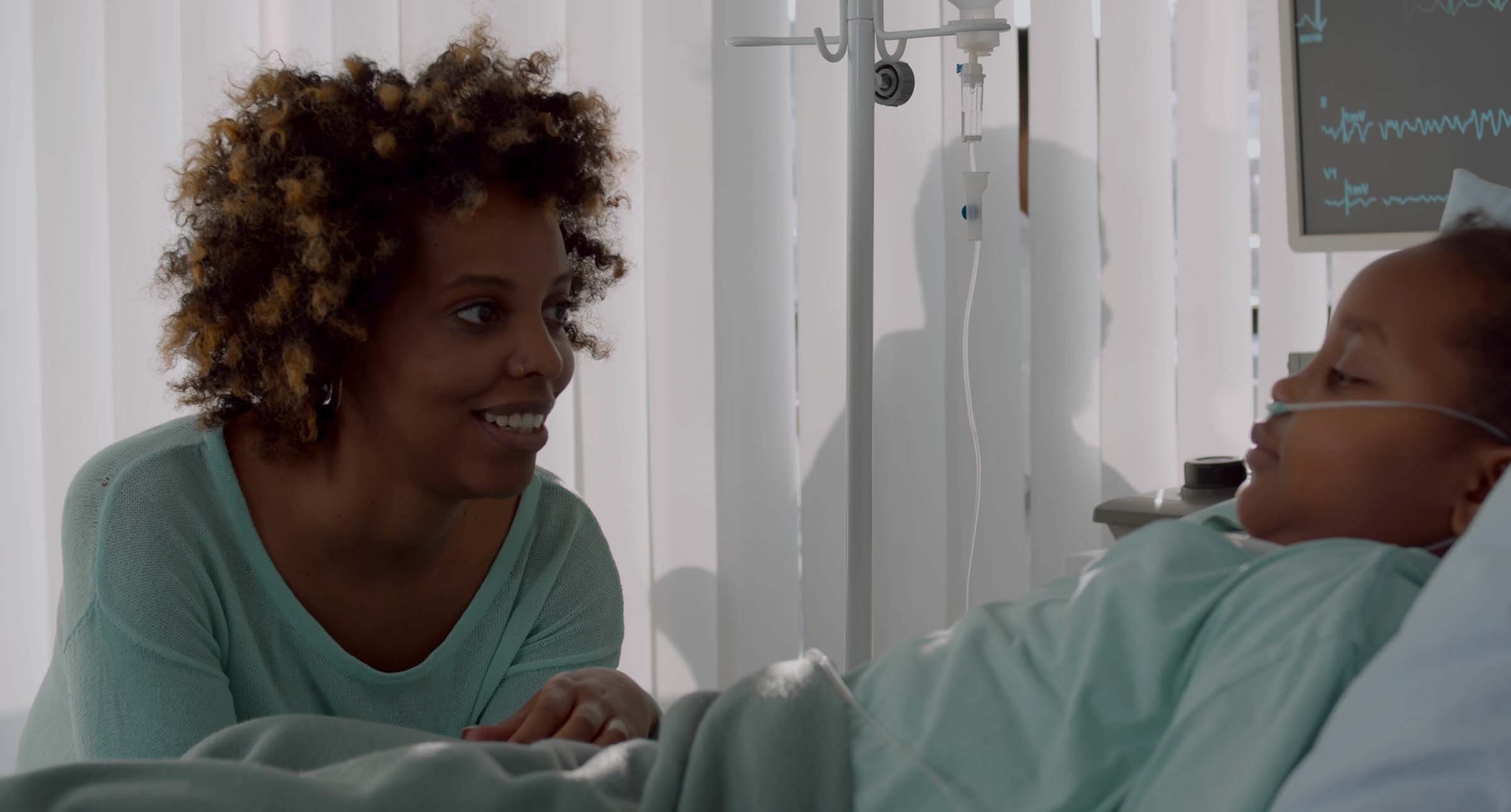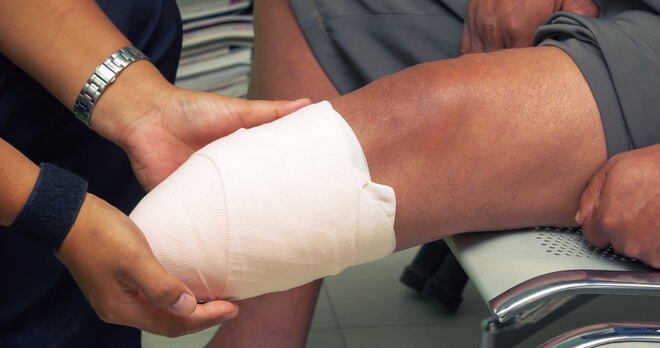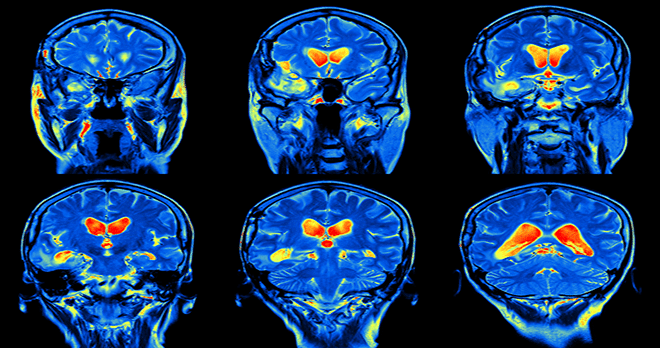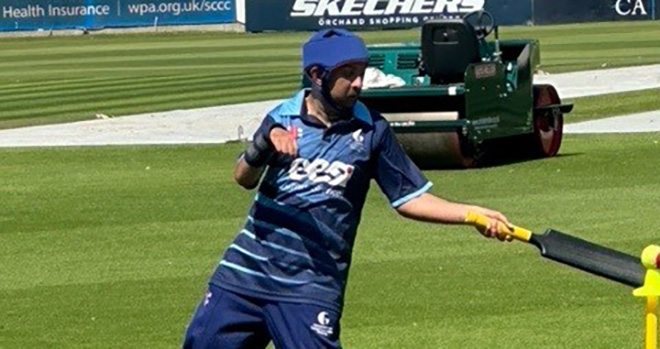Meningitis and Brain Injury – Symptoms, Challenges, Treatment & Recovery

What is meningitis? And what are the symptoms?
Meningitis is an infection of the fluid and the membranes that surround the brain and the spinal cord. There are two types of meningitis; viral and bacterial. Many of us have been taught to look out for the symptoms including:
- A non-blanching rash
- Sensitivity to light
- A stiff neck
As meningitis can develop very quickly, anyone with any of the symptoms of meningitis should seek urgent medical care and should never wait to see if more symptoms develop. The sooner treatment is started, the more likely an individual is to make a better recovery.
How is meningitis typically diagnosed?
It is likely that diagnosis will be confirmed through blood tests, lumbar puncture, and a CT or MRI scan to check for swelling or other problems in the brain.
What can meningitis be mistaken for?
Unfortunately, the symptoms of meningitis are sometimes missed by medical staff when patients first present. Often, the symptoms will mimic those of other illnesses or, particularly in the case of young children with bacterial meningitis, for the first 4-6 hours they may only display non-specific symptoms such as fussiness, fever, and vomiting. This may warrant a call to the GP but, in an estimated 49% of cases, the child is sent home rather than on to hospital. Sadly, within 24 hours, these same children may become critically ill.
There are, of course, other illnesses which can be mistaken for meningitis. For example, in a study of 650 lumber puncture results, it was noted that in children under five, illnesses such as right-sided pneumonia, gastroenteritis, otitis, tonsillitis, exanthema subitum, and urinary tract infections are most likely to be mistaken for meningitis. Additionally, in all age groups, encephalitis will often present similar symptoms
Even when an individual, either adult or child, is admitted to hospital, the correct diagnosis can be missed, a CT or MRI scan may be carried out but, in cases of uncomplicated acute bacterial meningitis, this may be reported as unremarkable if it is not an enhanced image. An unremarkable scan does not therefore rule out the possibility of meningitis.
Equally, a blood test might not show anything or could indicate an infection but nothing more. The most reliable way to diagnose meningitis is with a lumbar puncture.
Does meningitis affect the brain long term?
Whilst meningitis can be life threatening, many of us do not think about the link between meningitis and acquired brain injury and how this may affect both adults and children.
It is estimated that in the UK someone is admitted to hospital and diagnosed with an acquired brain injury every 90 seconds. Whilst it is not clear how many of these are as a result of Meningitis, it is well known that this can be a cause – although the presentation between adults and children may be significantly different.
The reason for this difference is, in part, due to the area of the brain affected, but also because of the stage of development of the brain when the infection takes hold.
It takes approximately 20 years for the brain to fully develop and, as such, if an injury occurs whilst it is still developing (as in the case of a child), it can dramatically alter the brain’s function without being immediately obvious. This means that, in the case of children, whilst damage to the brain causing physical symptoms – such as difficulties walking – may be apparent very soon after a meningitis infection, it can take weeks, months, or even years before the full extent of a brain injury is fully recognised. Issues such as learning disabilities, speech delays, and visual disturbance may not become apparent until a child begins education or is noted to have missed their developmental milestones.
Conversely, in adults, the brain is already fully developed and, as such, a brain injury is usually apparent much earlier after a meningitis infection.
As well as the extent and nature of the injury varying by age, in the severity of a brain injury can also vary depending on the area of the brain affected, and crucially the length of delay in diagnosing and treating the original infection.
As well as brain injuries, meningitis can lead to limb loss and amputation, scarring and, if it is not treated, death.
What can you do if you feel meningitis was missed or mistreated?
As previously stated, meningitis requires prompt medical attention but, sadly, as clinical negligence solicitors, we all too often see the affect a delay in diagnosing meningitis can have on an individual and their family, particularly if it leads to a brain injury.
If you have, been affected by a delay in diagnosing meningitis and would like to discuss whether you may be able to take legal action, please contact our team using the form below.
Meningitis Now
If you need support with the outcome of meningitis to you or a loved one then the charity, Meningitis Now can help you.
Established more than 30 years ago, Meningitis Now was the world’s first meningitis patient group and are currently the only charity fighting Meningitis in the UK.
They have invested more than £12.7m in early stage research which has, in turn, helped to introduce five potentially life saving vaccines to support in helping lives impacted by this life threatening infection.
Related services and support
Legal Insight from our team of Brain injury experts
View more articles related to Brain Injury

















